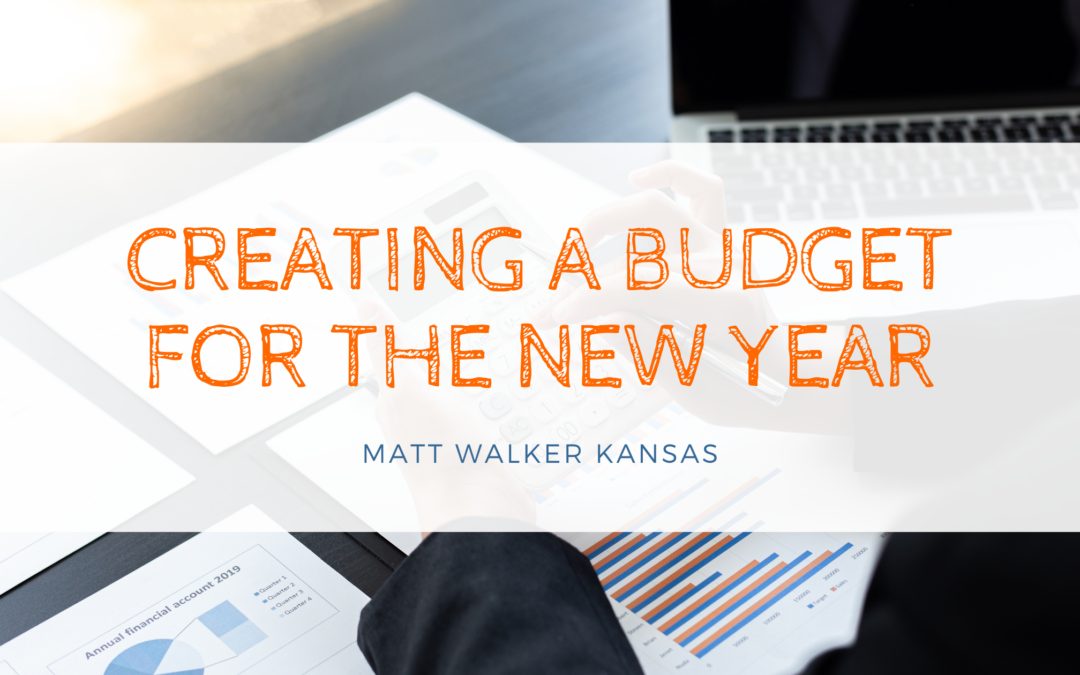Many people take the opportunity to create a new budget as part of their new year’s resolution. A budget can help you keep your spending in check and ensure that you’re living within your means. There are several different ways to create a budget, and the best way to find one that works for you is to experiment until you find what works. Here are a few tips to get started.
Figure Out Your Monthly Income
It’s easy to overlook this step in the process of creating a budget, but you’ll need to know how much money you have coming in each month if you want any sense of what you can and can’t afford. If there are big changes in your income, make sure you account for them when creating your budget.
Figure Out Your Monthly Expenses
Now that you know how much money is coming in each month, it’s time to figure out how much of that will be going out. Look at your records and bills from last month and see where all of your money went. Then estimate what will cost you the following month and subtract it from your monthly income. The amount left over is your discretionary spending money for the month.
Savings and Debt
Of course, you should also factor in how much you’re contributing to savings each month and any payments due on credit cards or other loans. Many experts recommend saving 10% of your income for things like retirement, emergencies, or large purchases while paying off debt as quickly as possible.
Sticking To Your Budget
Creating a budget is only the first step in keeping your spending control for the upcoming months. You’ll need to make sure that you track your spending and stay on top of things each month if you want to keep overspending from derailing your budget!
Keep Track of Your Spending
One of the biggest challenges with creating a budget is sticking to it. Many people who develop budgets fail at this step, which defeats the purpose of making one in the first place. One good way to keep track of your spending and stay on top of things is by signing up for online banking and using that account for all of your spendings. The more steps you have between you and your money, the easier it is to keep track of what you’re doing with that money.
Creating a budget is one of the most important things you can do for your finances. No matter what kind of budget you start, make sure to stick with it! Any budget is better than no budget at all.
Investing involves risk, including possible loss of principal. We do not offer investment, tax or legal advice, nor should this information be construed as advice or a recommendation to implement any strategy or purchase any specific product or investment.

